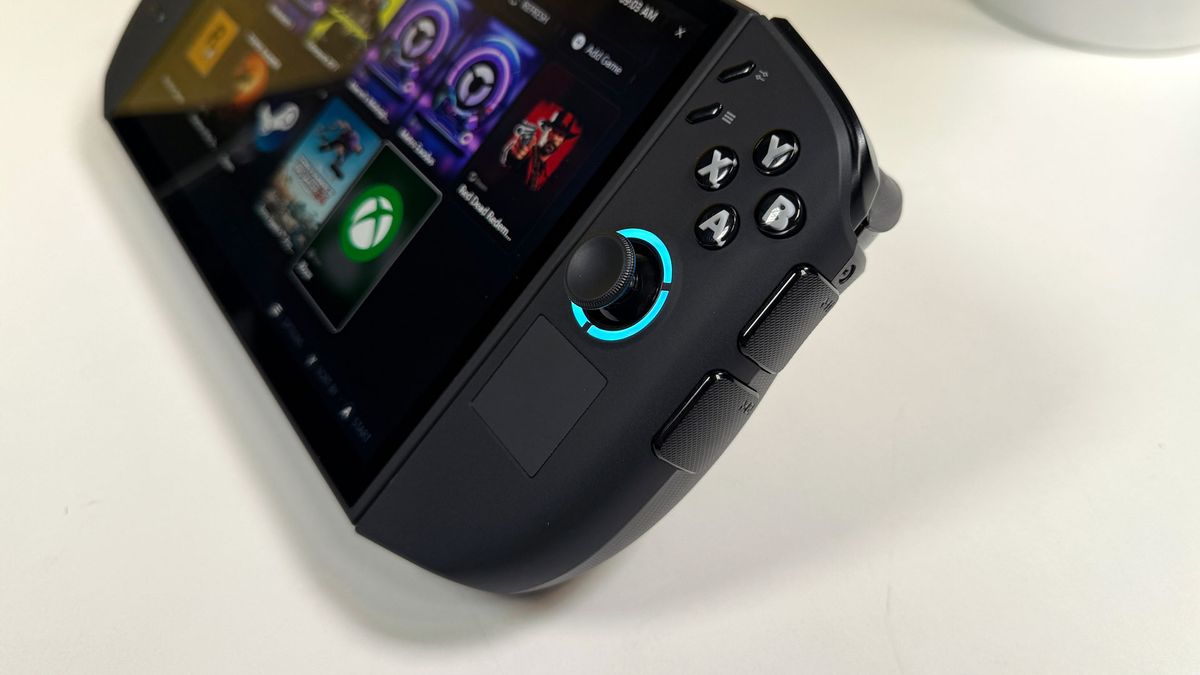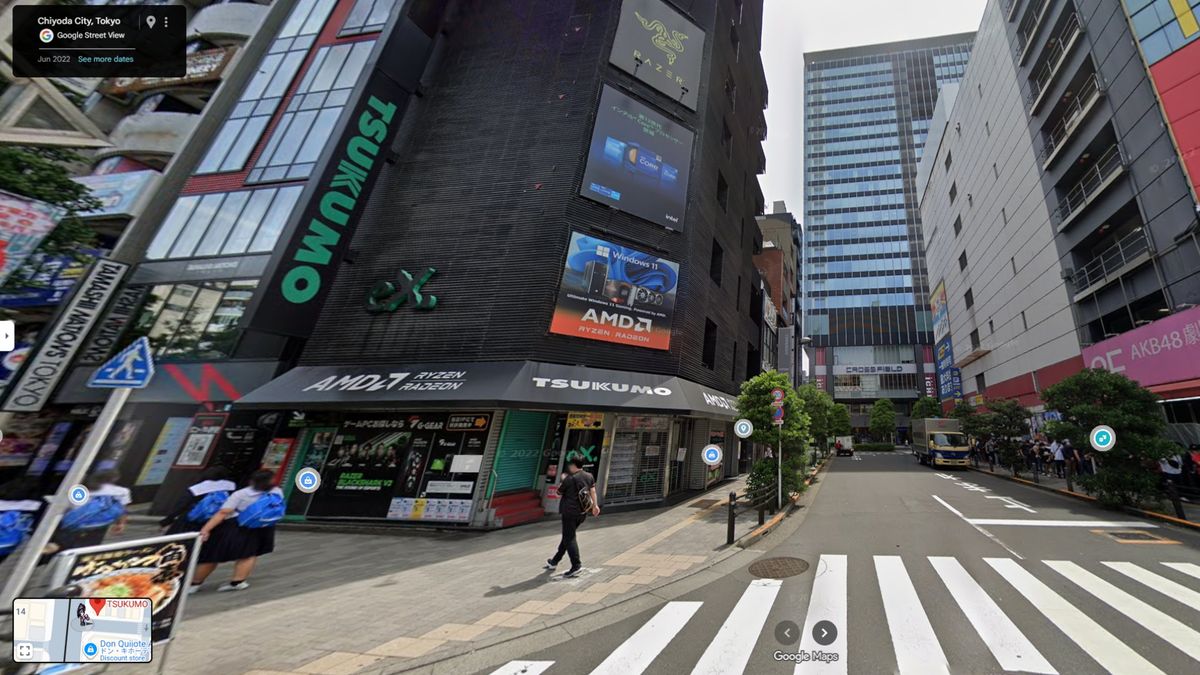Malaysia's Ministry of Investment, Trade and Industry is looking into reports that a Chinese firm may be conducting AI training using Nvidia hardware in the country, Reuters reports. The investigation seeks to determine whether any local laws have been broken. However, the scope of the probe does not seem to extend to whether any international regulations have been breached.
The inquiry follows a report from last week revealing that four Chinese nationals travelled from Beijing to Kuala Lumpur, each one carrying HDDs with tens of terabytes of spreadsheets, images, and video clips for training an AI model on 300 servers containing Nvidia processors that their employer rented in a Malaysian data center (we certainly cannot say that we are dealing with a powerful cluster as these machines contained 2,400 GPUs at best). While such actions do not breach any local laws, they enable Chinese companies to use Nvidia processors that are restricted from being sold to China and Chinese entities, potentially breaking U.S. export rules.
Malaysia is not under sanctions or restrictions imposed by the U.S. government, so companies can ship advanced AI GPUs, such as Nvidia's H100, H200, or B200. However, the local market for such hardware is relatively small in the country.
Nonetheless, in April, it turned out that exports of computer systems (which include) from Taiwan to Malaysia began to rise steeply in November 2023, after the U.S. imposed restrictions on selling H800 processors to China. Shipments of computer systems (which include Nvidia's DGX and HGX AI servers) from Taiwan increased to $985 million and $1.874 billion, respectively. Given the lack of local AI startups in Malaysia, it was natural for industry observers to suspect that Malaysian companies smuggled advanced Nvidia GPUs to China (which is outright illegal) or rented them to Chinese entities. As it turned out, the latter was the case.
Malaysia's MITI noted that it is coordinating with other relevant government bodies to confirm the facts of the case. It has not yet concluded whether the reported actions conflict with any standing Malaysian laws or regulatory frameworks.
For now, it remains to be seen what the police investigation will conclude and whether this way of evading U.S. export controls by Chinese entities will be shut down by Malaysian authorities. Nonetheless, the report and the investigation are good evidence that Chinese companies still have access to Nvidia's GPUs despite the White House's attempts to block such access.
Follow Tom's Hardware on Google News to get our up-to-date news, analysis, and reviews in your feeds. Make sure to click the Follow button.

 6 months ago
15
6 months ago
15










 English (US) ·
English (US) ·